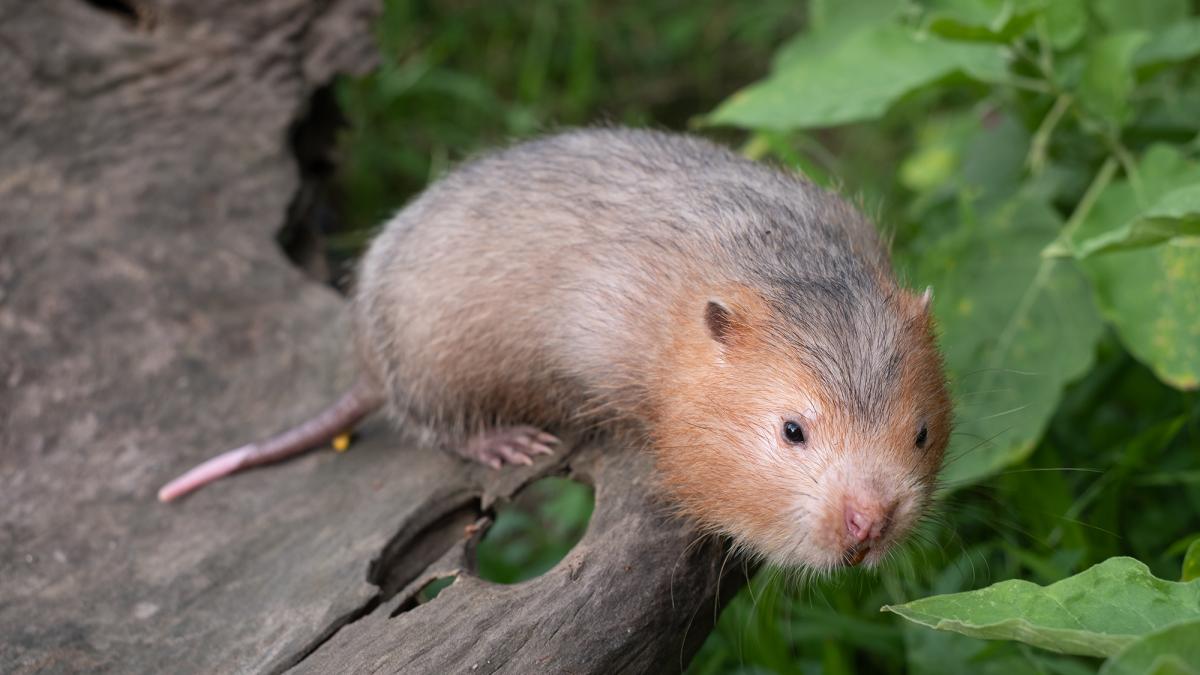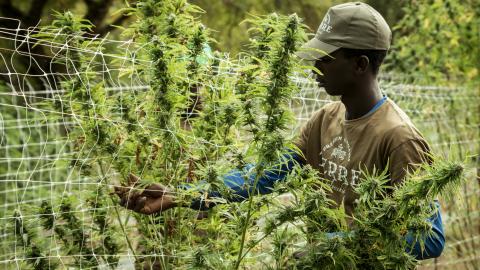
December 1, 2020
Ebola, HIV/AIDS, Avian Influenza, and most recently SARS-CoV-2 (COVID-19) have all made headlines for their impacts on human public health, daily life, and the global economy. What else do these and many other diseases have in common? They are all zoonotic diseases - meaning they spread from an animal to humans, thus introducing an unfamiliar disease to the human population.
As a trainee in the Occupational Health at the Human-Animal Interface MPH Program, Hien Bui had the opportunity to work with the Wildlife Conservation Society Vietnam as an intern exploring the data that WCS had collected for the PREDICT 2 study. PREDICT was an effort to identify, track, and respond to new diseases before they make the jump from animals to humans.
Zoonotic diseases make up about 75% of emerging diseases currently impacting human populations. As humans and animals live closer and closer together, and humans increasingly trade and travel globally, the work of studies like PREDICT becomes ever more important to prevent future disease outbreaks.
Hien worked with the Wildlife Conservation Society (WCS) Vietnam team, who have been studying the wildlife trade throughout Vietnam to understand and predict possible mechanisms of zoonotic spillover to humans.
WCS research found that the presence of coronavirus RNA in field rats sold for human consumption increased along the wildlife supply chain. Field rats sold by traders were used as the reference group. When the field rats were sold in large markets, the prevalence of coronavirus RNA in the field rats increased by a factor of 2.2. When the field rats were sold to and served in restaurants, the prevalence increased by a factor of 10. This viral amplification along a supply chain suggests an increased risk for the consumers of field rats.
The WCS Vietnam team also collaborated with the Hanoi School of Public Health on a qualitative study to understand behavioral factors that were associated with spillovers. Ethnographic interviews and focus groups were conducted among wildlife traders to understand cultural customs and habits associated with wildlife trade practices, and potentially identify appropriate opportunities for disease prevention.
Over the summer of 2020 Hien reviewed interview transcripts in Vietnamese, and analyzed the findings. "I really enjoy this internship because it gives me the opportunity to learn about the wildlife trade in Vietnam from primary sources, the traders themselves," shared Hien. "The best part of the internship is the opportunity to work with Dr. Amanda Fine and Dr. Sarah Olson. Not only have I learned about the PREDICT 2 project but I’ve learned about data science and reproducible research. I have never performed research before so this internship taught me a great deal about the research process and how research is done collaboratively."
To learn more about opportunities with the Occupational Health at the Human-Animal Interface MPH Program - click here to visit the Northwest Center for Occupational Health and Safety ERC Website.
Photo: Thicha_AdobeStock




